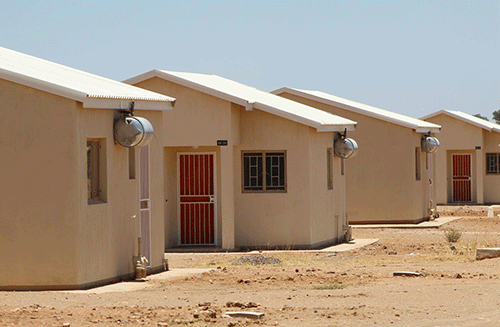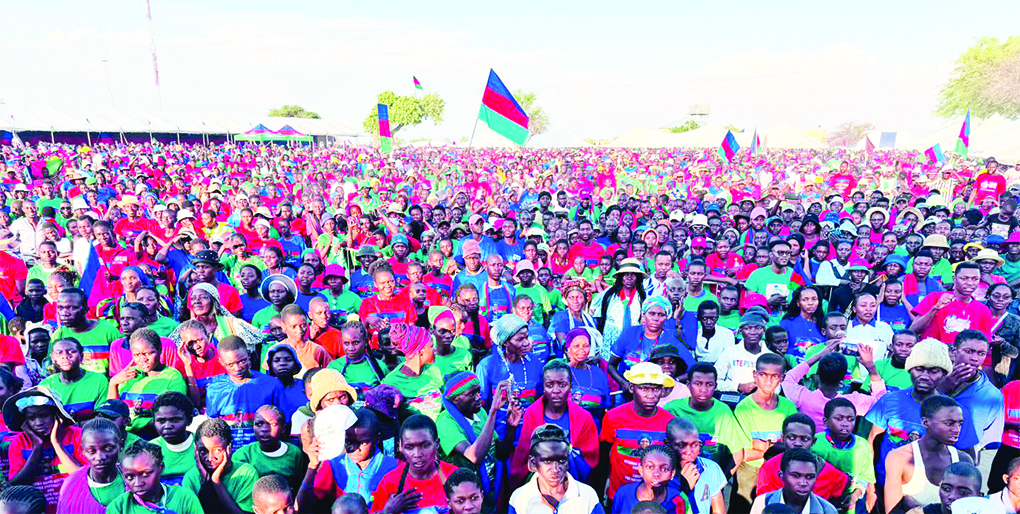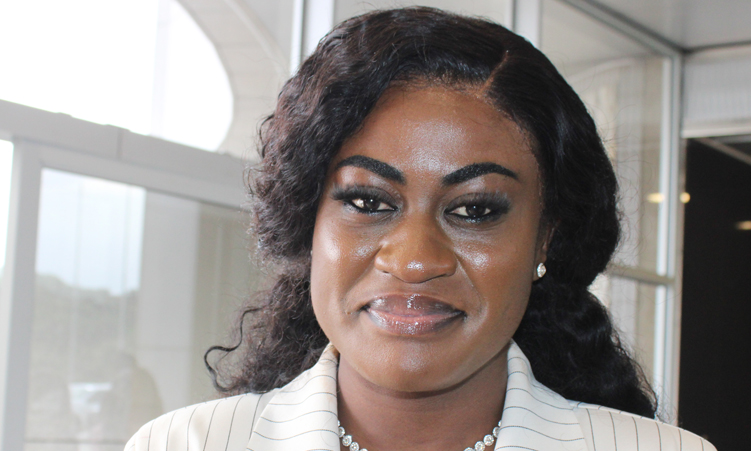CARACAS – Thousands of university students scuffled with police and government supporters during a protest demanding that civil liberties be respected under constitutional reforms being drafted by allies of President Hugo Chavez.
Police tossed tear gas canisters into the crowd of opposition students on Tuesday after clashes broke out with a smaller group of pro-Chavez demonstrators near the National Assembly. Journalists estimated the crowd at about 20 000 protesters, but pro-Chavez lawmakers said there were far fewer.There were no reports of arrests or serious injuries, though student leader Stalin Gonzalez said at least five demonstrators suffered minor injuries during the bottle and rock-throwing melee.The students said they fear civil liberties would be severely weakened under the constitutional changes under consideration.Critics are particularly concerned by an amendment that would allow authorities to detain citizens without charges during a state of emergency.The National Assembly, dominated by Chavez supporters, is poised to approve 67 constitutional amendments in the coming days that would give the government control over the Central Bank, create new types of cooperative property and extend presidential terms from six to seven years while allowing Chavez to run again in 2012.To take effect, the reforms must be approved by voters in a December 2 referendum.Protesters complained that police blocked their march before it reached the National Assembly while authorities frequently allow Chavez backers to stage street demonstrations without restrictions.”It’s clear proof of political discrimination,” Gonzalez said.National Guard troops later escorted a group of students into the National Assembly, where they presented lawmakers with a document outlining their concerns.Pro-Chavez congressman Calixto Ortega told state television the concerns raised by students would be taken into consideration before final approval of the sweeping reforms.”Nobody is being excluded,” he said.Speaking on behalf of groups from mostly private universities after the march, student leader Yon Goicochea told a news conference more protests would be staged next week and warned authorities not to impede the demonstrations.”We have rights that cannot be negotiated,” he said.Public ombudsman German Mundarain – a close ally of Chavez – urged lawmakers on Monday to reconsider an amendment that would let the government waive some civil liberties during a state of emergency.Roman Catholic leaders have argued that the proposed changes would violate fundamental rights.Chavez, who was re-elected last year on promises of radical revolutionary change, says the reforms are fully democratic and necessary to accelerate Venezuela’s transition to socialism.”They say the reform is morally unacceptable.They are the ones who are morally unacceptable,” Chavez said on Sunday, referring to criticism by Catholic leaders.Meanwhile, in an unusual form of political protest, Venezuelan media reported that headless effigies with messages reading “Reform, No!” and “Freedom” appeared hanging from street lamps on avenues in Caracas and the eastern city of Ciudad Guayana.Nampa-APJournalists estimated the crowd at about 20 000 protesters, but pro-Chavez lawmakers said there were far fewer.There were no reports of arrests or serious injuries, though student leader Stalin Gonzalez said at least five demonstrators suffered minor injuries during the bottle and rock-throwing melee.The students said they fear civil liberties would be severely weakened under the constitutional changes under consideration.Critics are particularly concerned by an amendment that would allow authorities to detain citizens without charges during a state of emergency.The National Assembly, dominated by Chavez supporters, is poised to approve 67 constitutional amendments in the coming days that would give the government control over the Central Bank, create new types of cooperative property and extend presidential terms from six to seven years while allowing Chavez to run again in 2012.To take effect, the reforms must be approved by voters in a December 2 referendum.Protesters complained that police blocked their march before it reached the National Assembly while authorities frequently allow Chavez backers to stage street demonstrations without restrictions.”It’s clear proof of political discrimination,” Gonzalez said.National Guard troops later escorted a group of students into the National Assembly, where they presented lawmakers with a document outlining their concerns.Pro-Chavez congressman Calixto Ortega told state television the concerns raised by students would be taken into consideration before final approval of the sweeping reforms.”Nobody is being excluded,” he said.Speaking on behalf of groups from mostly private universities after the march, student leader Yon Goicochea told a news conference more protests would be staged next week and warned authorities not to impede the demonstrations.”We have rights that cannot be negotiated,” he said.Public ombudsman German Mundarain – a close ally of Chavez – urged lawmakers on Monday to reconsider an amendment that would let the government waive some civil liberties during a state of emergency.Roman Catholic leaders have argued that the proposed changes would violate fundamental rights.Chavez, who was re-elected last year on promises of radical revolutionary change, says the reforms are fully democratic and necessary to accelerate Venezuela’s transition to socialism.”They say the reform is morally unacceptable.They are the ones who are morally unacceptable,” Chavez said on Sunday, referring to criticism by Catholic leaders.Meanwhile, in an unusual form of political protest, Venezuelan media reported that headless effigies with messages reading “Reform, No!” and “Freedom” appeared hanging from street lamps on avenues in Caracas and the eastern city of Ciudad Guayana.Nampa-AP
Stay informed with The Namibian – your source for credible journalism. Get in-depth reporting and opinions for
only N$85 a month. Invest in journalism, invest in democracy –
Subscribe Now!










